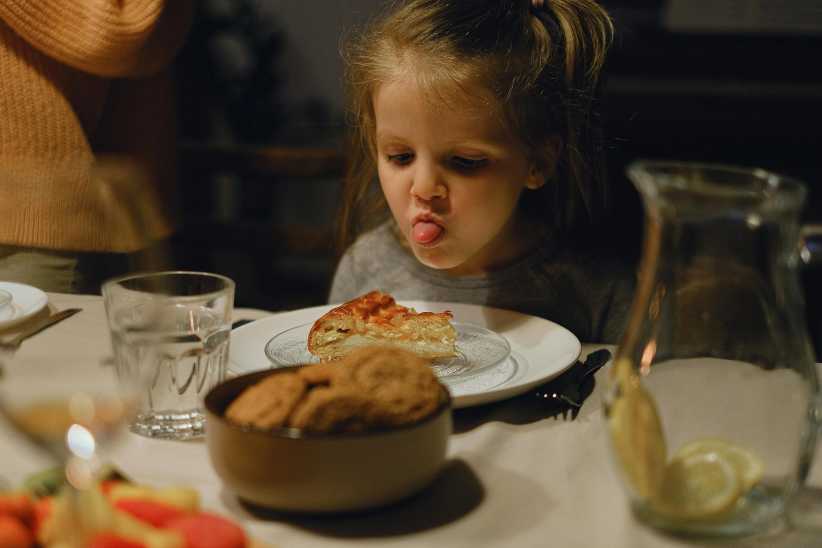After teaching a postnatal class two weeks ago, a few of the mothers and I began talking about breastfeeding, and the support one may need during that period. One mother, Dina, who was bottle feeding, shared her story about why she was no longer breastfeeding.
“About half my friends did not breastfeed so when I had problem after problem, even though I really wanted to breastfeed, I thought it was pretty average to stop breastfeeding. My mom, mother-in-law and sister-in-law didn’t breastfeed, so I just didn’t have much support on the home front. They didn’t understand why I was “putting myself through this,” she explained. Now that I’m out in the mommy world, I see that most people do breastfeed. I really feel that if I had known that, and if I had known that what I was going through was completely normal, and similar to what everyone else is going through, I would have been more inspired to continue to push myself through the rough part.
Also, the problems that we encountered were firstly due to a severe lack of help from the nurses at Lenox Hill Hospital to get me started on the right foot, so I came home from the hospital already with sores on my nipples. Sloan would only latch if she was hungry but not starving. If she was starving, it was really hard to get her to latch. She was extremely gassy, so I had to cut out a lot of food from my diet. Then she developed acid reflux and an allergy to milk and soy and I had to cut them both from my diet. I was trying to pump and hardly anything was coming out, so I felt that my supply was low. In retrospect, I don’t think it was, since Sloan was gaining weight.
And on a personal level, it was just hard for me to feel like I didn’t have any break. It was constant, every 1-2 hours and it would take her at least 45 minutes to eat, so I felt like it was just unending. Of course, I’ve now learned that the babies get more efficient and it takes them less time to eat as they get older. My mom said that if I didn’t bottle-feed, she’d never sleep through the night, but of course I know tons of breastfed babies who sleep through the night and did sleep through the night earlier than Sloan did.”
Stories like Dina’s are not uncommon. One of my close friends, Valerie, also experienced difficulties breastfeeding. Her daughter, Mia, had a hard time latching on. Valerie was pretty discouraged by this turn of events, but luckily was able to find a supportive network that encouraged her to continue pumping in order to exclusively feed Mia breast milk. For 12 months, Valerie and her breast pump were intimate friends. Recently, Valerie shared that had she not had the support and common bond with another mother going through the exact same experience at the same time, she does not know if she would have been able to sustain such a challenging pumping and feeding regimen.
Common Problems That May Arise:
It may be reassuring to realize that many mothers experience a slew of common problems when first initiating breastfeeding. Many of these issues are solvable once addressed with the proper guidance. Here are just a few difficulties you may encounter.
- The mother many not feel enough support from family, friends or hospital. When researching doctors and hospitals, look for a “Baby-Friendly” hospital status
- Sore nipples
- Cracked nipples
- Inverted nipples
- Low milk supply
- Going back to work and managing pumping
- Breast problems and pain including thrush and mastitis
- Challenge with baby latching
- Fussy feeder
- Colicky baby
From just listening to the breastfeeding stories of these two amazing mothers, Dina and Valerie, I learned how important it is to seek out help, should trouble arise. Recognizing that the problems you may have are normal can be comforting and encouraging. Additionally, please know that if you are having problems breastfeeding, it is in no way a reflection on you as a mother, you have not failed your child in any way. There are several venues to find support for breastfeeding mothers that can help should you encounter breastfeeding obstacles.
Where to Find Support
- La Leche League
- Dr. Mona Gabbay – for those in the NYC area
- International Lactation Consultant Association
- National Breastfeeding Helpline Call 800-994-9662 for support!
- Support groups: At the Prenatal Yoga Center we offer a drop in Breastfeeding Support Group twice a month. You may be able to find a similar offering in your neighborhood.
Interesting Statistics and Data about Breastfeeding Practice in the US
How many infants born in the United States are breastfed? The CDC National Immunization Survey is a nationally representative sample of the U.S. population, among infants born in 2006:
- 73.9% were ever breastfed
- 43.4% were still breastfeeding at 6 months of age
- 22.7% were breastfeeding at 1 year of age
- 33.1% were exclusively breastfed through 3 months of age
- 13.6% were exclusively breastfed through 6 months of age
How long should a mother breastfeed?
The American Academy of Pediatrics (AAP) recommends that breastfeeding continue for at least 12 months, and thereafter for as long as mother and baby desire. The World Health Organization recommends continued breastfeeding up to 2 years of age or beyond.
Whereas 59 percent of women initiated breastfeeding in 1984, roughly three-quarters of women now start breastfeeding, according to the Centers for Disease Control and Prevention’s National Immunization Survey.
Despite recent progress, gaps still persist between current breastfeeding practices and national breast-feeding objectives. Rates of exclusive and sustained breastfeeding remain low. Less than one-third of infants are exclusively breastfeeding at 3 months of age, and almost 80 percent of infants in the United States stop breastfeeding before the recommended minimum of one year. Furthermore, unacceptable racial/ethnic and socioeconomic disparities in breastfeeding persist. Compared with white children, breastfeeding rates are about 50 percent lower among black children at birth, 6 months of age, and 12 months of age, regardless of the family’s income or education status. Compared with middle- and upper-income families, children in low-income families are less likely to be breastfed.
Debra Flashenberg is the founder and Director of the Prenatal Yoga Center. She is a certified labor support doula, Lamaze Childbirth Educator, and certified prenatal yoga instructor. She is continuously in awe of the beauty and brilliance of birth and is the proud mother of her son, Shay and daughter, Sage. Visit prenatalyogacenter.com for more info!
























